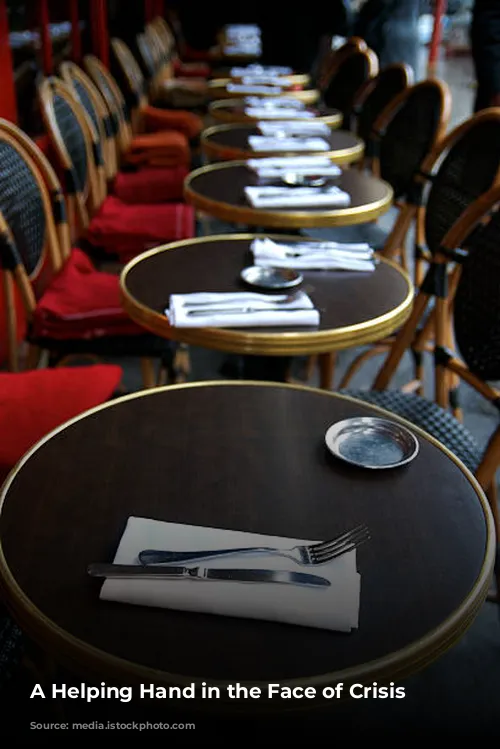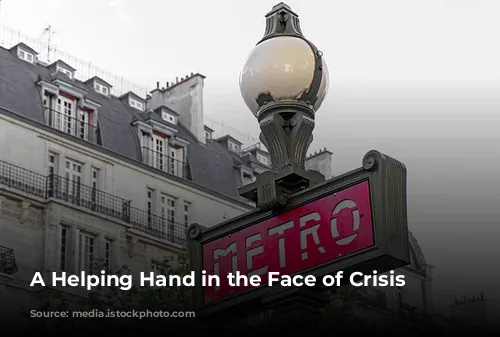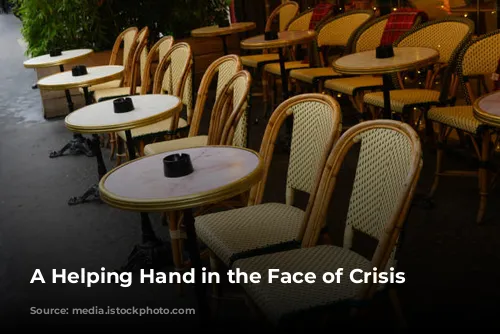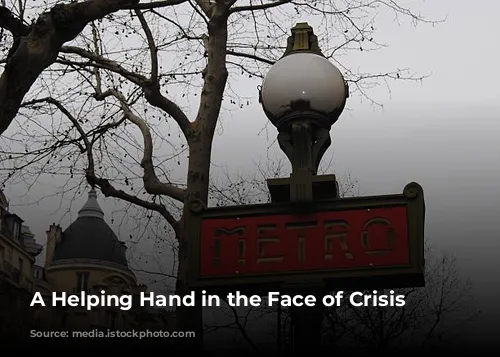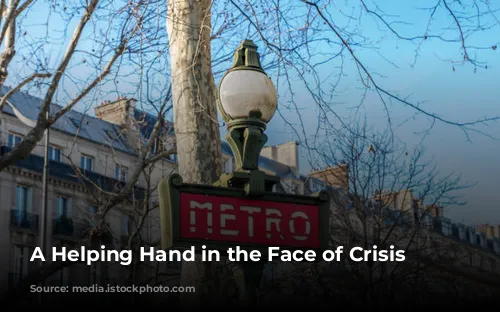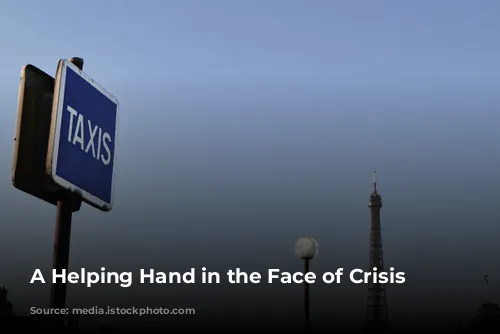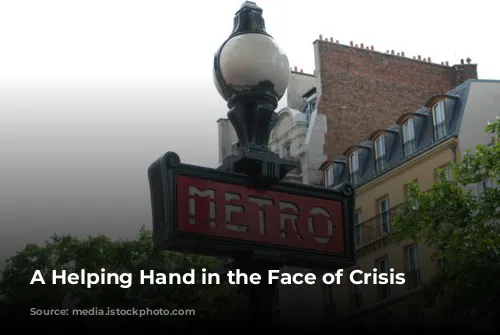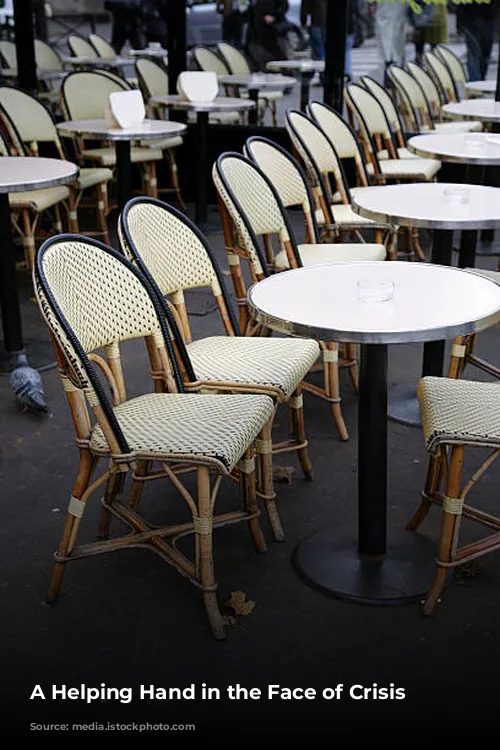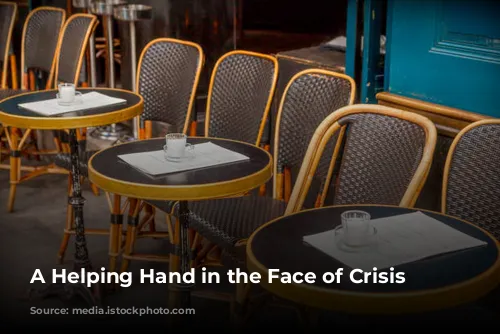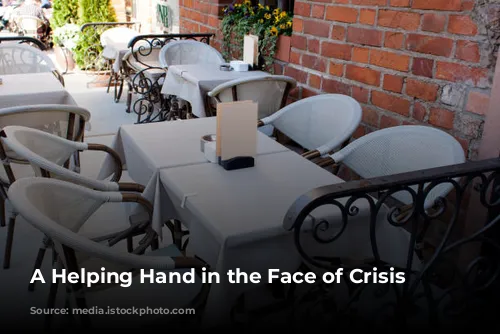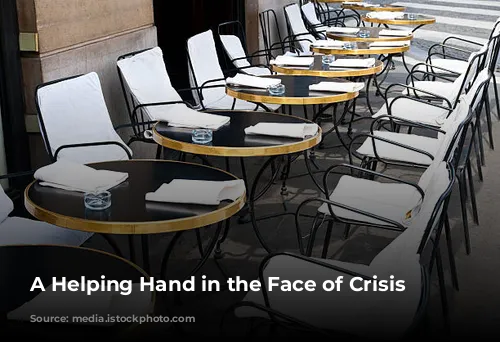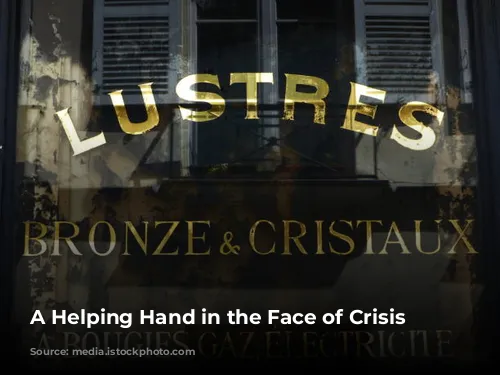The streets of New York City’s Lower East Side were shrouded in a gray blanket of late August clouds. A long line of people experiencing homelessness formed outside Sara D. Roosevelt Park, their eyes filled with anticipation. A team of volunteers from Backpacks for the Street, a dedicated non-profit organization, worked tirelessly, distributing vital supplies to those in need. The scene unfolded with remarkable efficiency. In just 45 minutes, 165 backpacks filled with essential items were handed out – a new record for the group. This was no ordinary day. The urgency of the situation was palpable.
The Growing Need
“The need is growing more and more,” said Jeffrey Newman, the founder of Backpacks for the Street. He explained how the closure of an emergency hotel shelter program had left many people vulnerable, adding to the already pressing issue of homelessness. Newman, a retired businessman, and his husband Jayson Conner, who works at a local restaurant, have dedicated themselves to serving the homeless community. They started Backpacks for the Street in 2018 after years of volunteering at a soup kitchen, driven by a desire to make a tangible difference.
A Network of Support
Since its inception, the group has grown to encompass over 80 volunteers, providing much-needed support to thousands of individuals. They’ve distributed over 32,000 backpacks overflowing with over 50 essential items, including hand sanitizer, masks, toiletries, and socks. Each backpack also carries a slip of paper with instructions on how to access vaccination information and a card with Newman’s personal cell phone number. This personal touch allows clients to directly reach out for help. Furthermore, the group actively connects people with free programs designed to assist those experiencing homelessness.
“If we can get out there and show people how to access these organizations and programs, that’s a significant step towards getting them off the streets,” explained Newman.
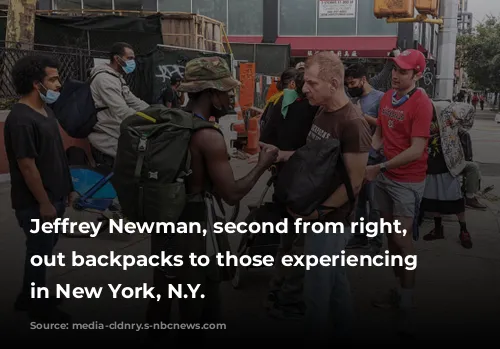
The Shadow of Covid-19
Since the arrival of Covid-19 in March 2020, the demand for Backpacks for the Street’s services has skyrocketed. They’ve distributed 25,000 backpacks in that time. While the need for basic supplies has increased, the pandemic has revealed another urgent concern – vaccine hesitancy amongst the homeless community.
“There’s a lot of misinformation and confusion surrounding vaccines,” said Newman. “Addressing this is a challenge in itself.”
A Gap in Protection
Despite the availability of free vaccines at walk-in clinics and mobile vaccination centers across the city, the number of vaccinated individuals amongst the estimated 60,000 homeless New Yorkers remains alarmingly low. By the end of August, only about 19 percent of the homeless population had received both doses of the vaccine.
Newman expressed deep concern over this reality. “I fear we’re going to see a significant number of homeless individuals falling ill, if not worse,” he said. “Especially with the spread of the delta variant, many are unaware of the risks involved.”
A Preexisting Crisis
New York City was already grappling with a homelessness crisis before the pandemic hit, with over 34,000 residents losing their lives to Covid-19. While the exact number of deaths among the homeless population remains unknown, the figures are undoubtedly higher than reported, with many deaths among unsheltered individuals possibly attributed to factors like extreme cold. Newman revealed that at least a dozen regular clients of Backpacks for the Street have died from the virus, including some who were close friends.
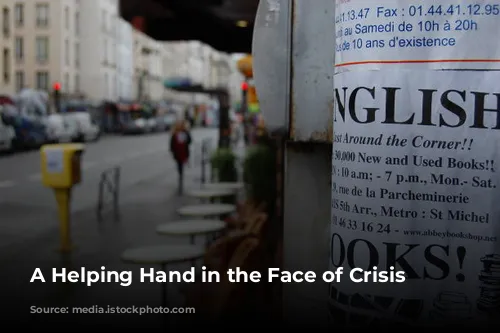
Battling Misinformation and Hesitancy
With the highly contagious delta variant accounting for almost all cases in the city, Newman is tirelessly working to educate the homeless population about vaccines and encourage them to get vaccinated. However, he encounters significant obstacles.
“Vaccine misinformation is rampant on the streets,” he said. “Many believe vaccines are some kind of evil thing.”
Bridging the Gap
Newman and his husband have personally helped over 160 individuals get vaccinated, driving them to nearby walk-in centers. They offer incentives, like $25 McDonald’s gift cards, and share their own personal experiences with the vaccine to encourage others. Newman, who is HIV-positive and vaccinated, said that building relationships with the homeless community, demonstrating that he is “walking the talk,” has proven effective in persuading those who are fearful. The trust they’ve built over the years has made a difference.
City-Wide Efforts
The city is also actively working to increase vaccination rates among the homeless population. The NYC Test & Trace Corps has deployed six teams to canvas streets, subway stations, and parks, administering vaccines. This initiative, led by NYC Health + Hospitals, has already given out 3,000 vaccines.
However, Newman fears these efforts may not be enough. He remains deeply concerned about the vulnerability of the homeless population to Covid-19.
“It breaks my heart more than anything else,” he said, reiterating his commitment to doing everything in his power to help.
Conclusion:
In the face of a growing homelessness crisis exacerbated by the ongoing pandemic, Backpacks for the Street is striving to make a difference. The group provides much-needed resources, addresses vaccine hesitancy, and works tirelessly to connect individuals experiencing homelessness with vital support services. While the challenges are immense, Newman’s unwavering commitment to this cause is a testament to the power of compassion and community. He believes that every individual deserves to be treated with dignity and respect, and his efforts are a shining example of how one person can make a difference.
